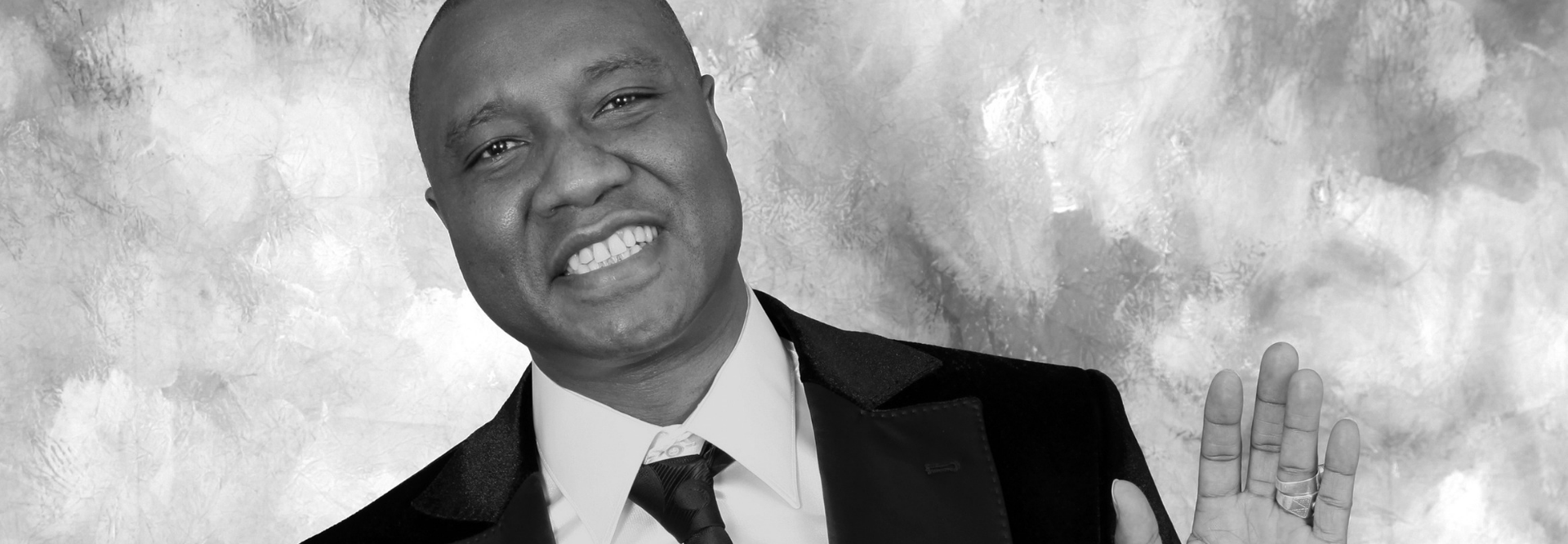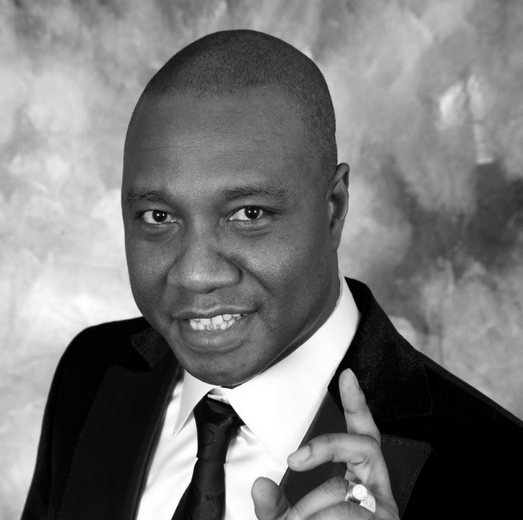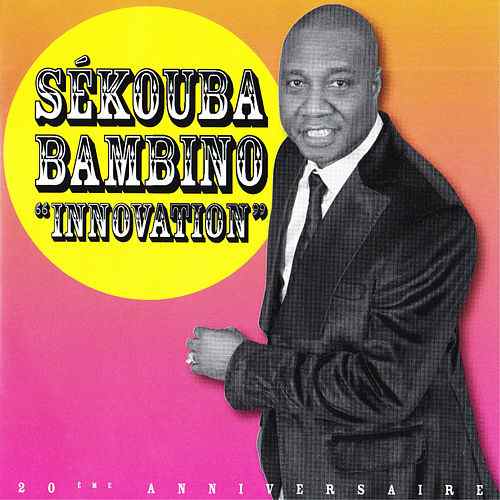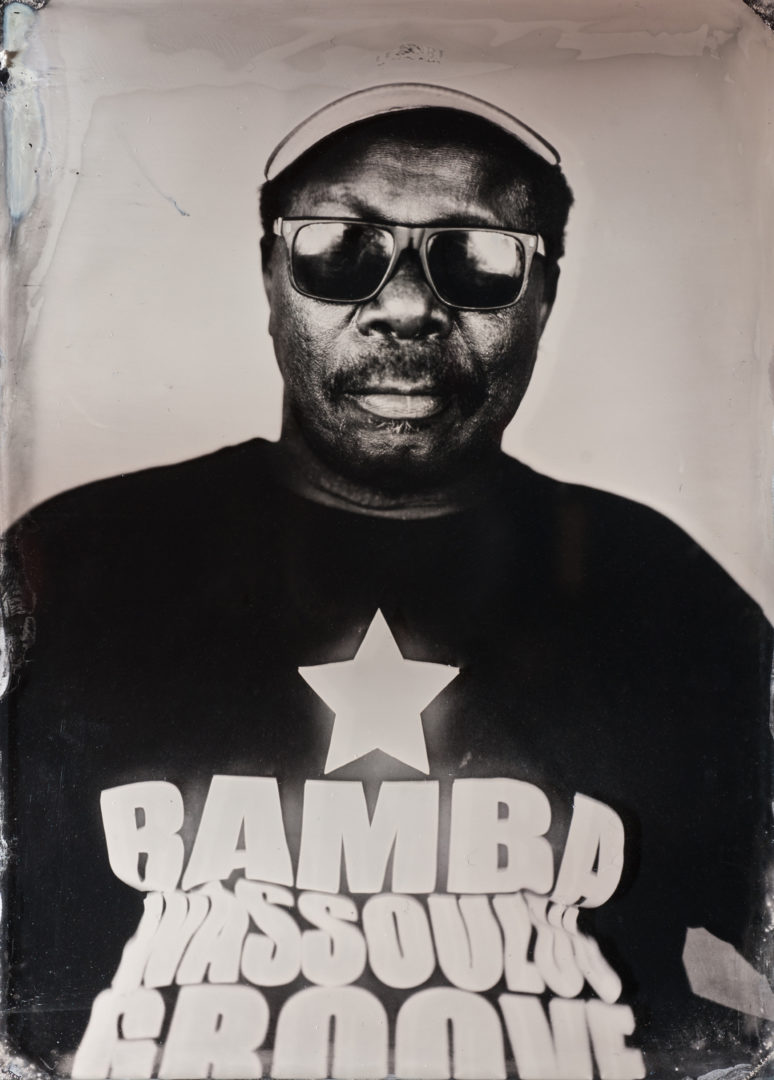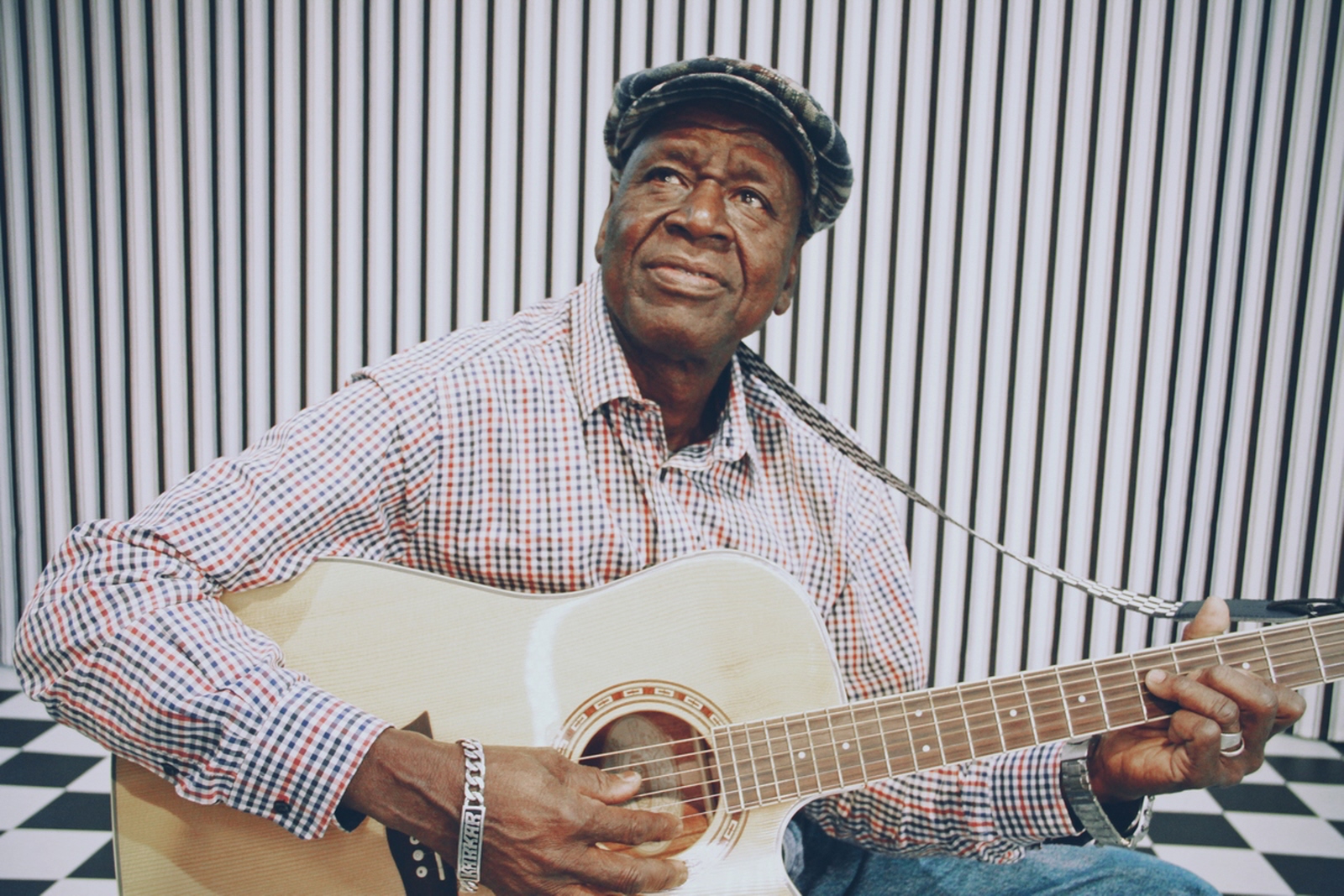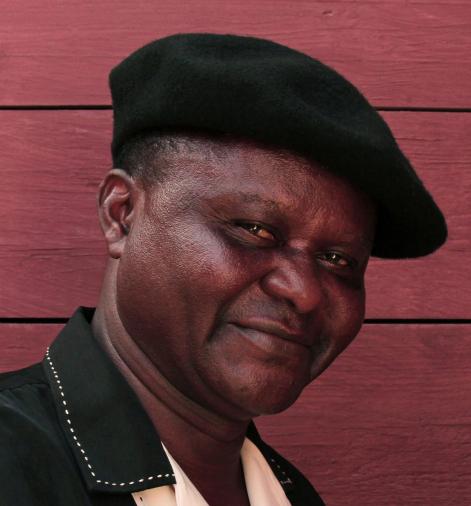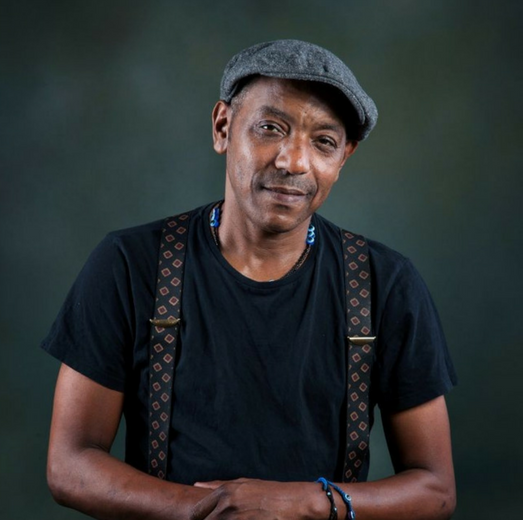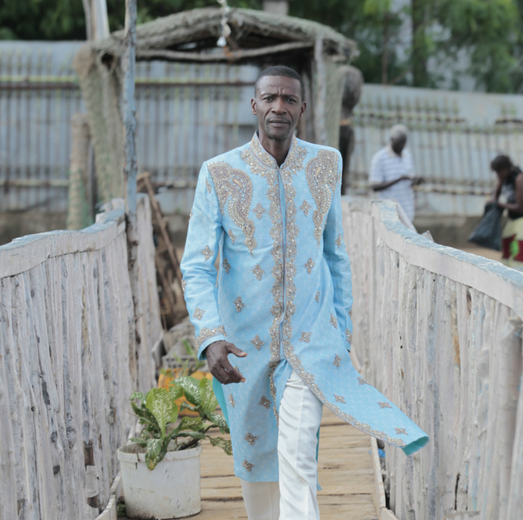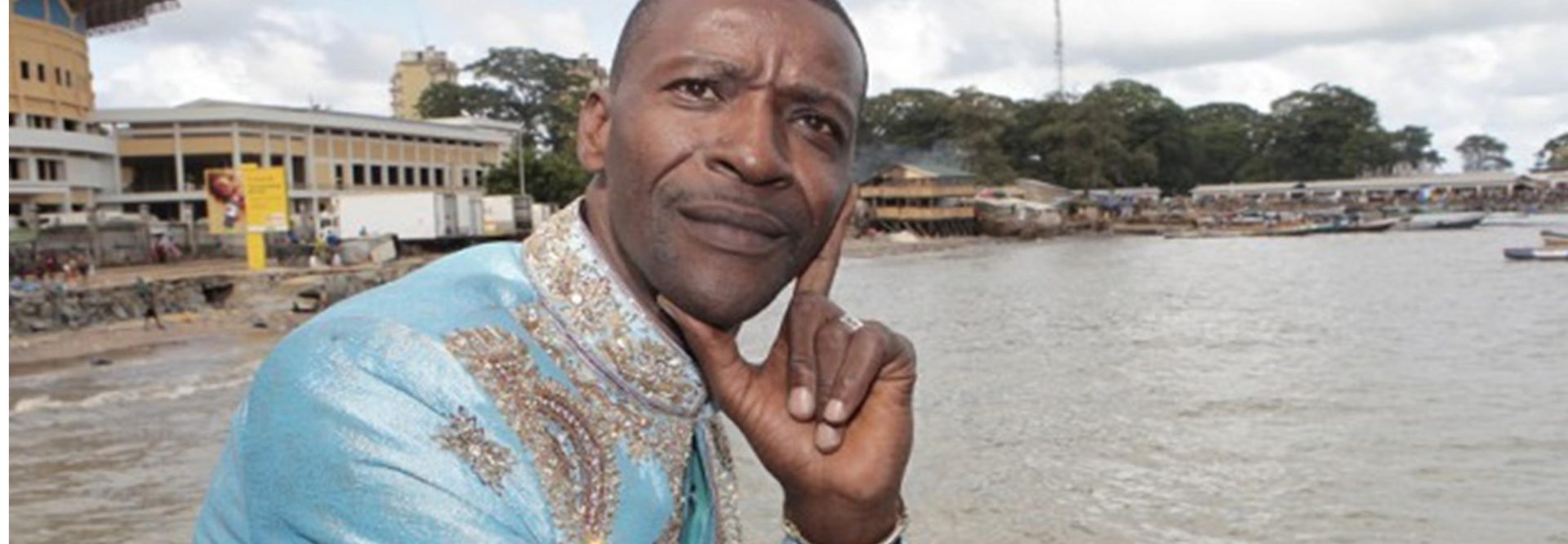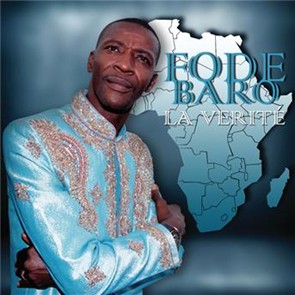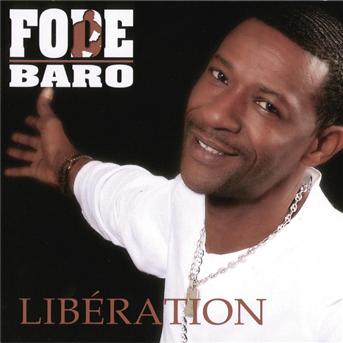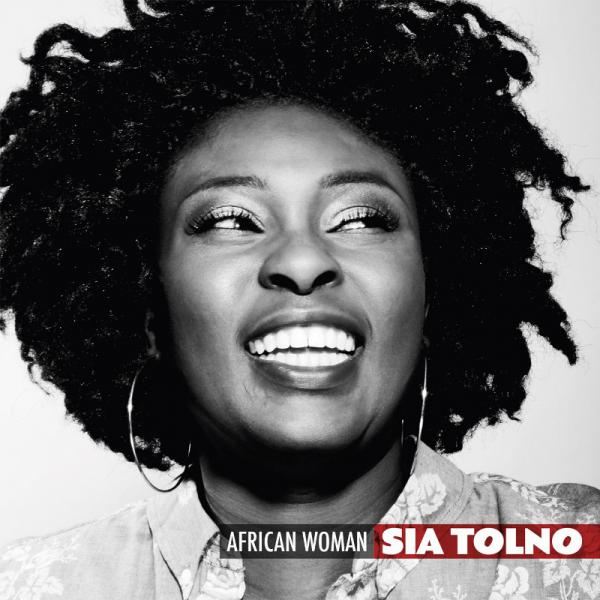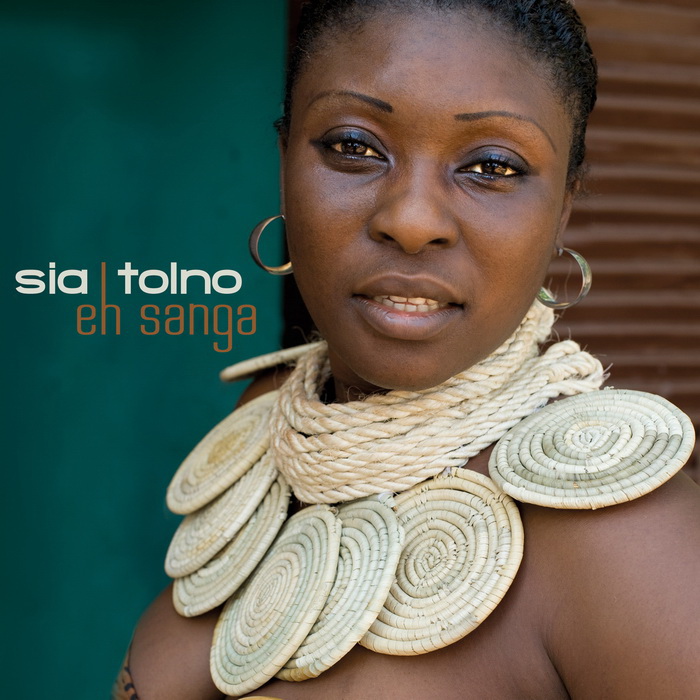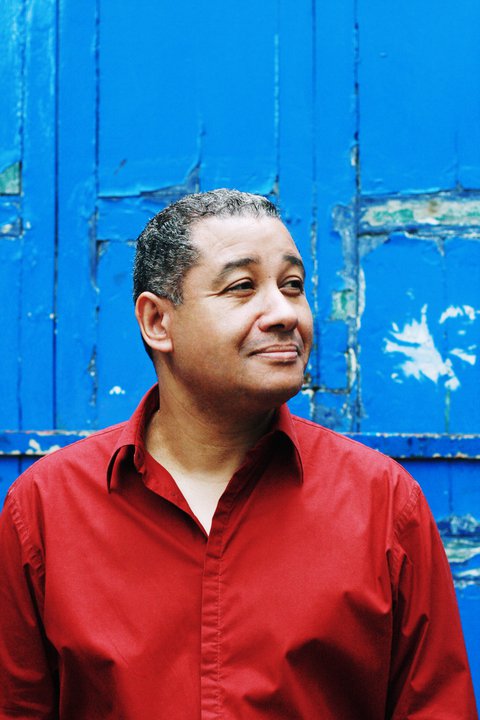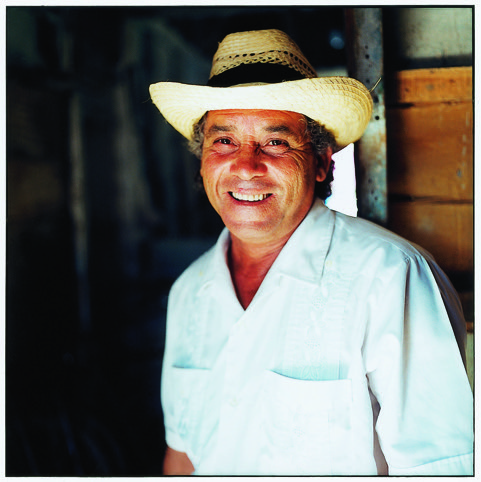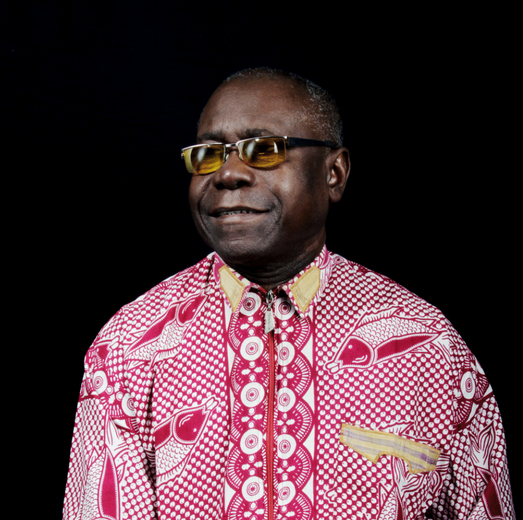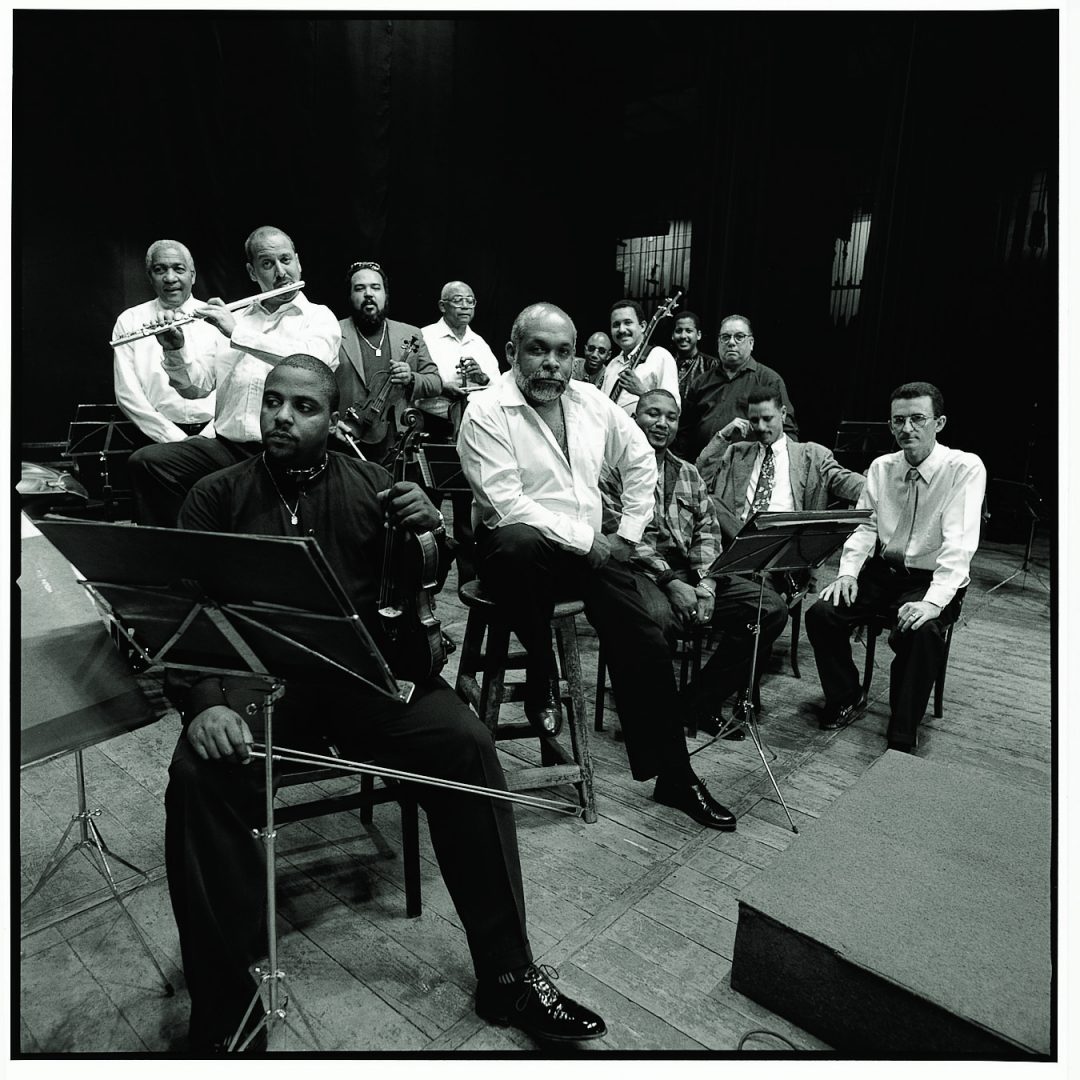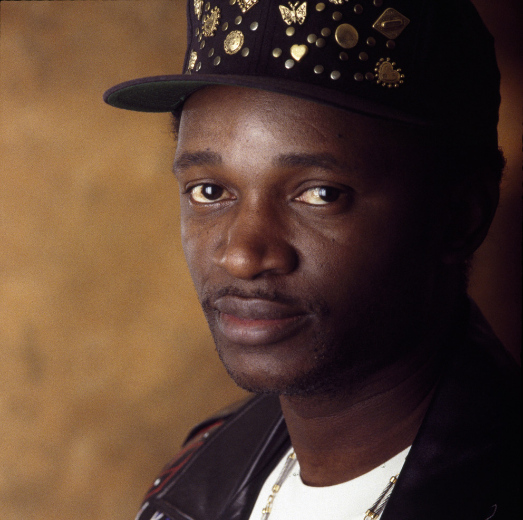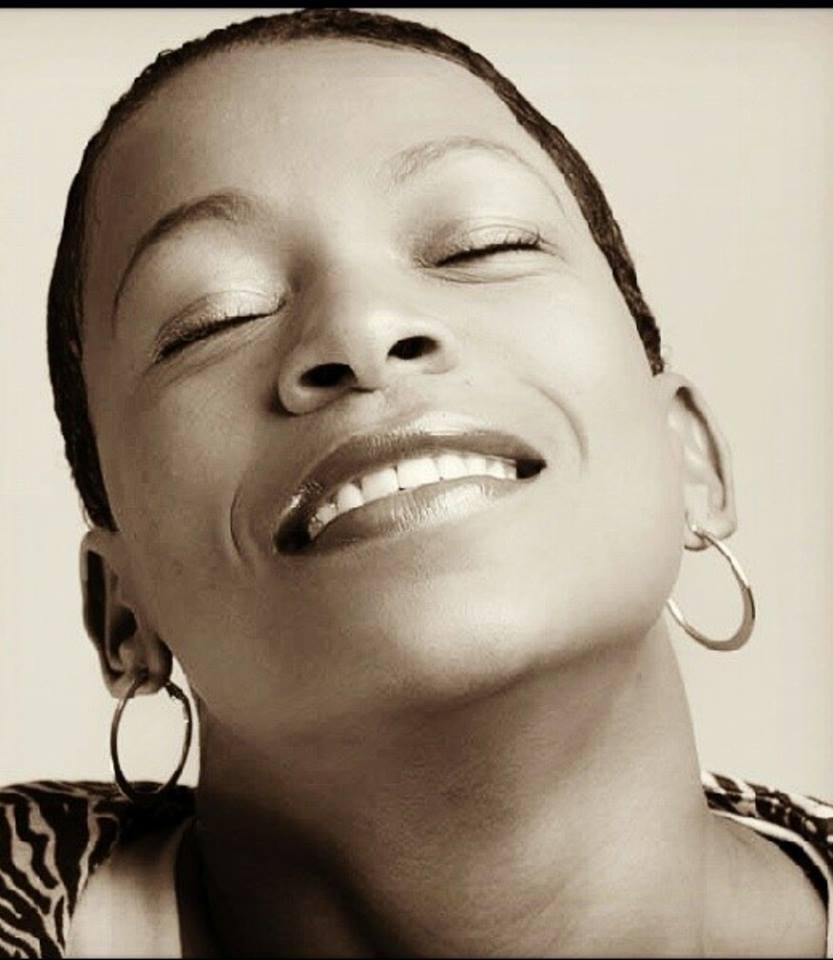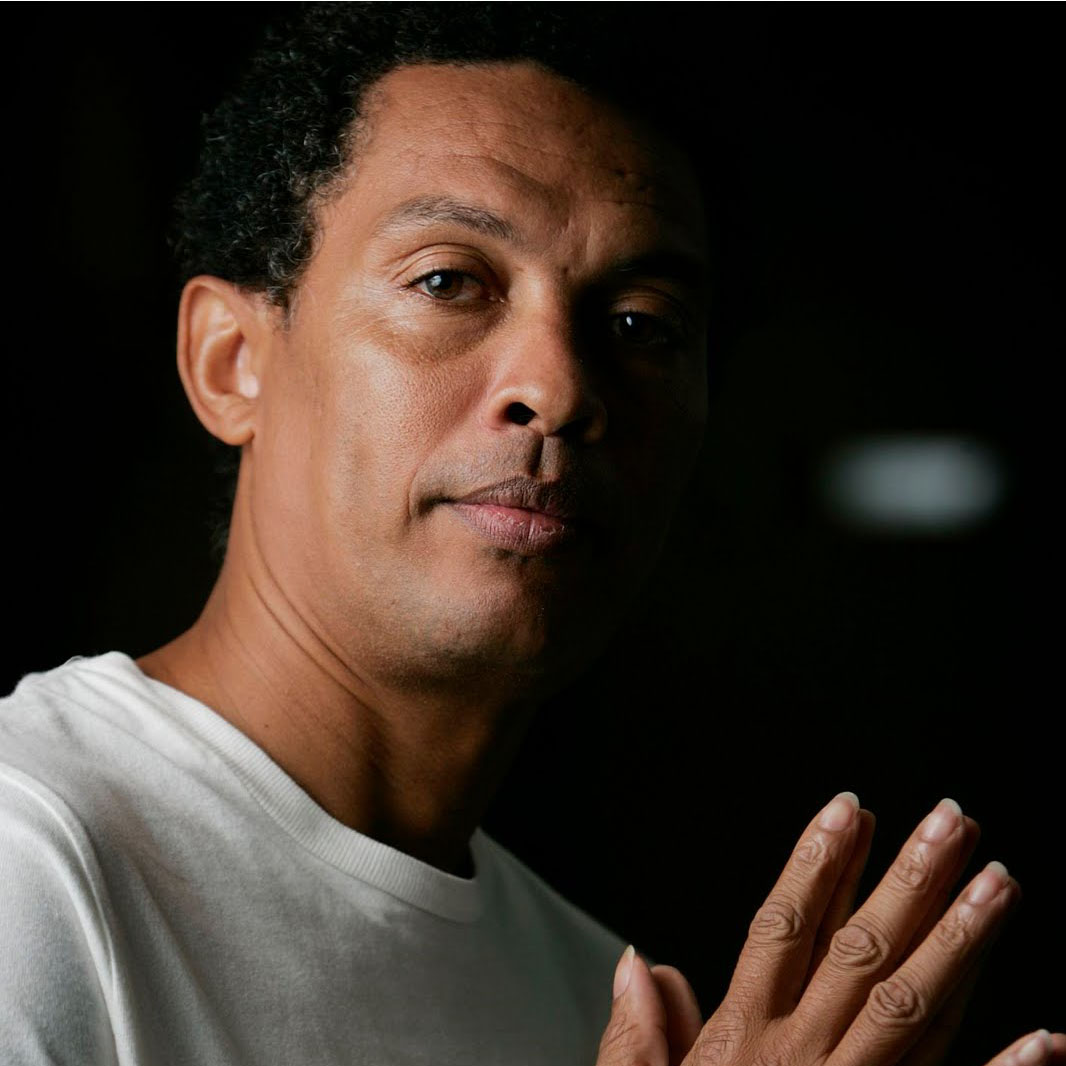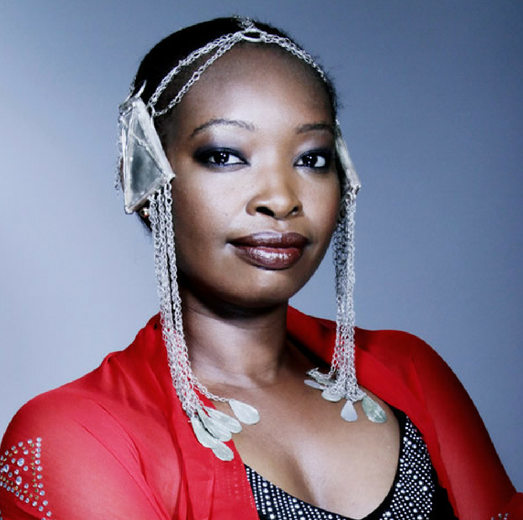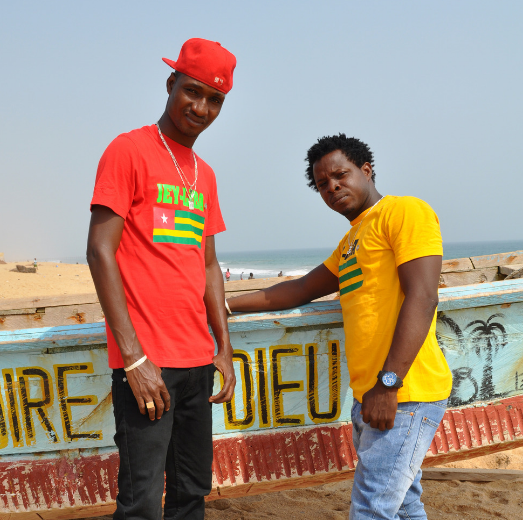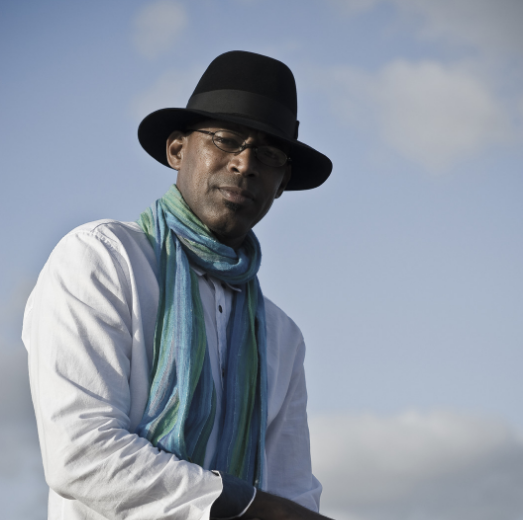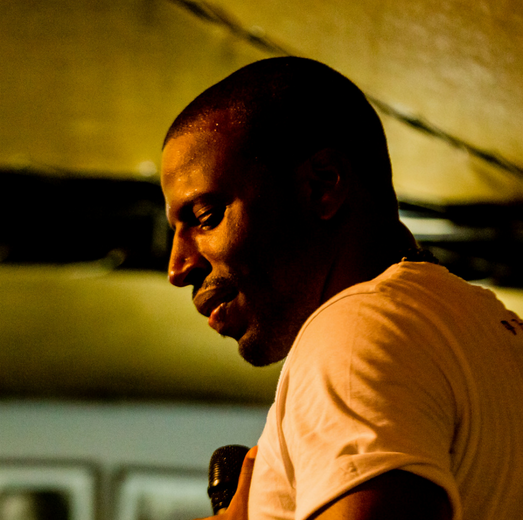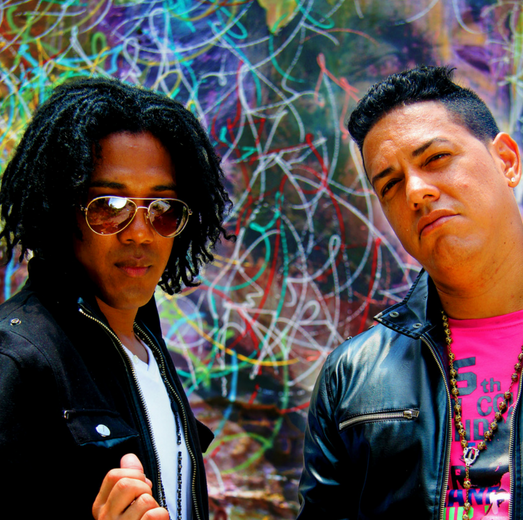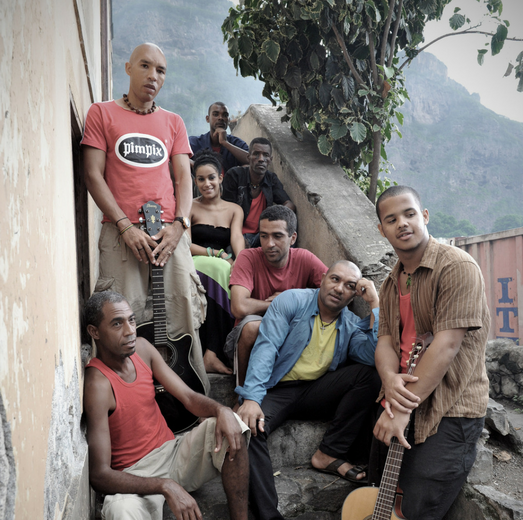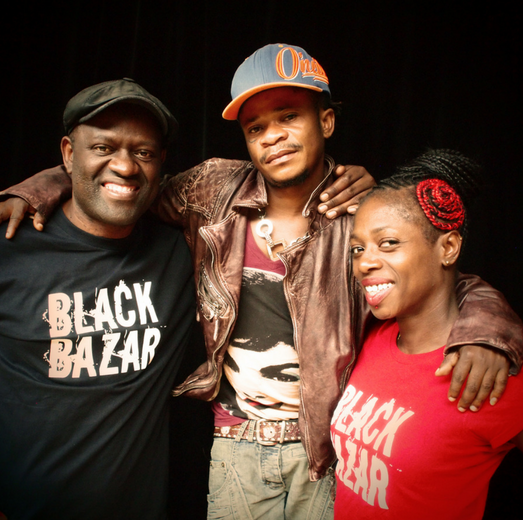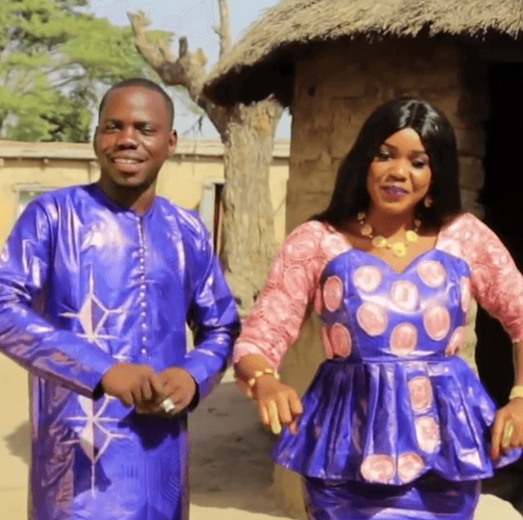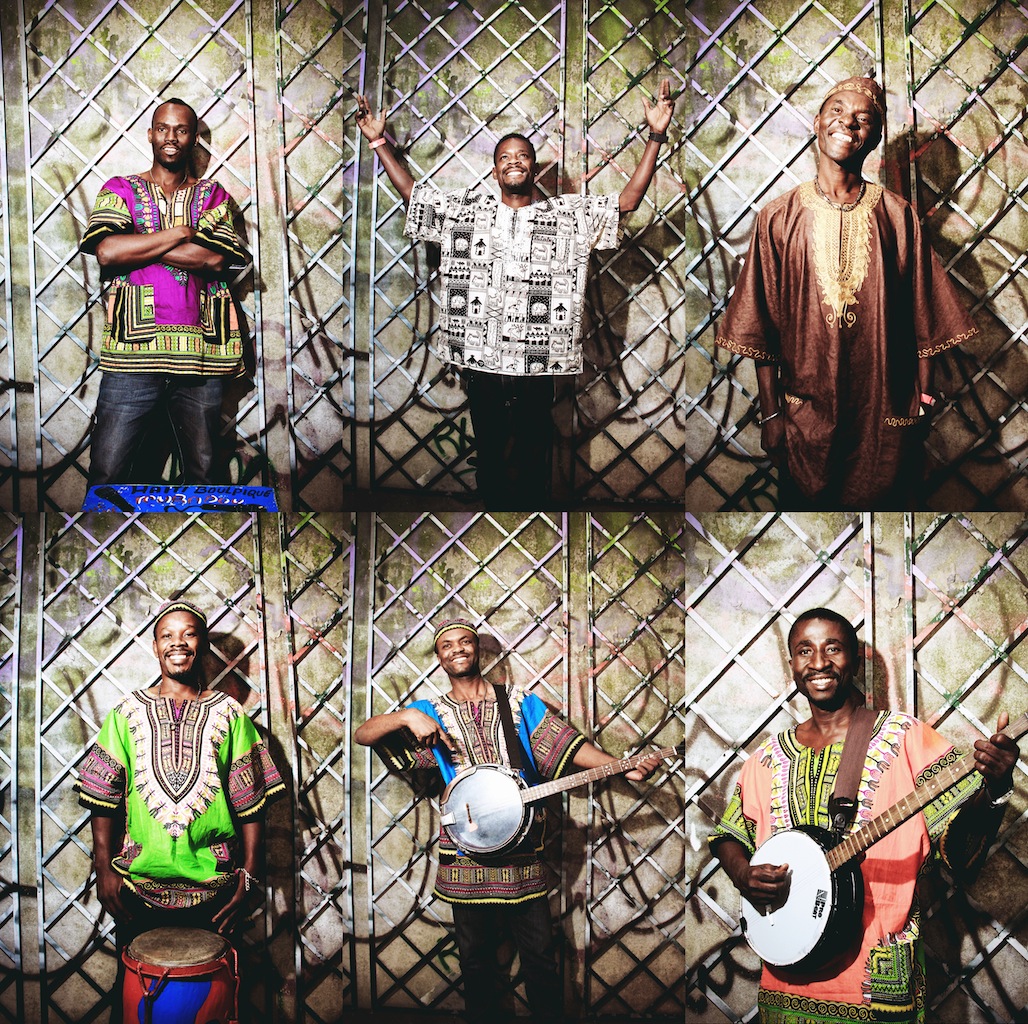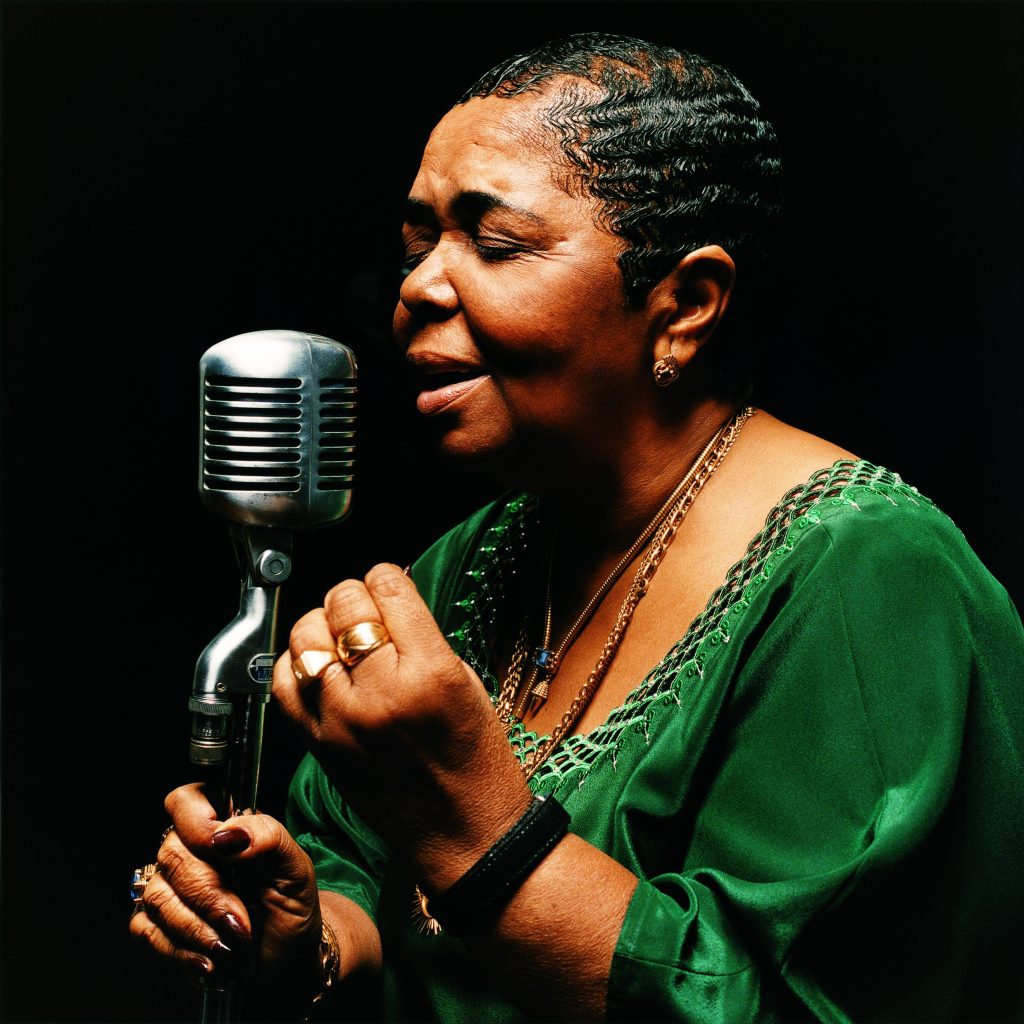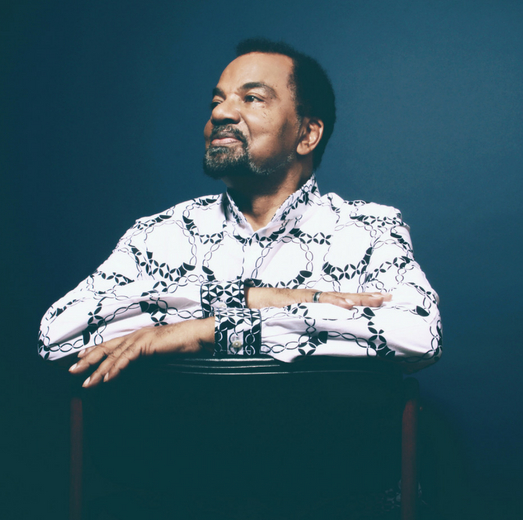Born in a Fulani-Mandingo notable family of the city of Kankan, where many griots come from, Fodé Baro is the exception to the rule according which, only griots can make music in Guinea.
From his early childhood, Fodé Baro is enchanted by the talent of the one called “the dragon of African song” aka Aboubacar Demba Camara, outstanding guinean artist from the 70s. As a teenager, Fode excels in the artistic subjects such as theatre and music… and starts playing n’goni and guitar. But for his parents, a young man of his rank cannot tarnish with artists; it would be a humiliation for the family.
But young Fodé is already stubborn. He drops out of school at the beginning of the 80s and escapes to Sierra Leone, then to Liberia. There he is accommodated by a French catholic priest who teaches him music. And, for almost five years, although he is a muslim, Fodé Baro runs chants and canticles during catholic masses.
His family finally forgives him and Fodé returns to Guinea in 1985 where he meets Myriam Makeba living in Conakry at the time. Her daughter Bongui Makeba is looking for a bass player for her band – Fodé auditions and is hired. A solid musical relation ship grows between Bongui and Fodé. The story is beautiful (they record an album and tour Europe together) but shortened by Bongui’s unexpected death. After a period of dejection, he is hired by Les Messagers, Mory Findian’s group where he is brought to rub elbows with most Mandingo figures when they perform in Conakry, among which Mory Kanté, Sory Kandia or Salif Keïta.
But the youngster wants more and sets off to Paris. There, he goes to school during the day and at night, hangs out in the local African artistic community blossoming in the 90s.
Fodé then meets producer Ibrahima Sylla who produces Ismaël Lo and Baaba Maal at the time, and together they release Yirikiki, Fodé’s first Mandingo Afro Zouk (expression he claims to be his own) hit that automatically grants him success throughout the continent and gets him an award from Africa #1 in Gabon in 1999.
Ever since, Fodé Baro has regularly released albums that have shaken the dance floors from Nouakchott to Libreville. He settles in Dakar as a bridge between France where he records, and Africa where his songs become hits one after the other. The last one, Yanfanté, came out in 2009.
After such success in Africa, Fode now wants to conquer Europe and share his conception of music with the world – a dancing beat but words to think about. This is how he releases the album Libération in July 2010 gathering the songs from Yanfanté, released back home a year earlier, with 4 exclusive tracks – Söry, Katoucha (a tribute to Katoucha Niane, the model who disappeared tragically), Chaptalat and finally Libération. On a hot beat he exposes the politics abandoning his country, Guinea, one of the poorest and most corrupted of Africa whereas it possesses incredible resources like iron, bauxite… and water, the future’s black gold. With Libération, Fodé Baro wants to prove we can dance and speak about serious issues at the same time. He deserves the nicknames his fans (and detractors) gave him – Fodé the Agitator.
